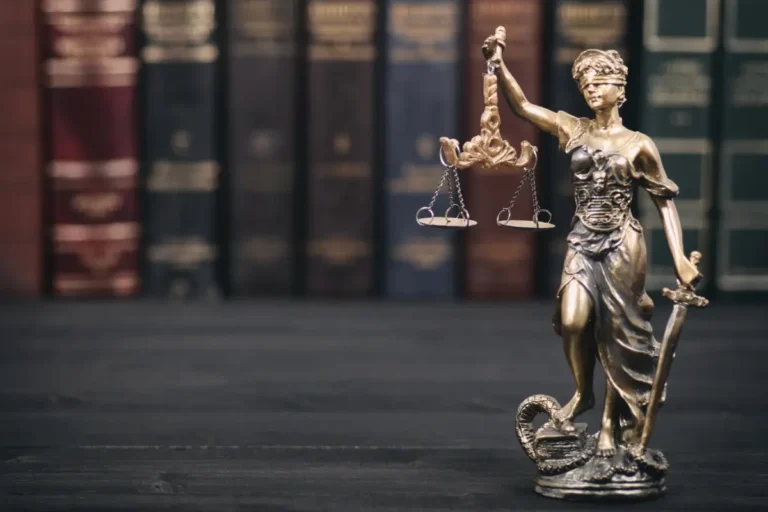The case of Carlill v Carbolic Smoke Ball Company [1892] EWCA Civ 1 is one of the most notable decisions in the field of contract law. It set important precedents regarding the formation of unilateral contracts, offer and acceptance, and the legal implications of advertisements. This case clarifies that an offer can be made to the world at large, and when the terms of that offer are fulfilled by an individual, they can accept the offer through their actions without the need for formal communication. The judgement also addresses the issue of consideration and the seriousness of offers, demonstrating that certain conditions of an advertisement can be enforceable as binding contracts.
Facts of Carlill v Carbolic Smoke Ball Company
The background to Carlill v Carbolic Smoke Ball Company can be traced back to the influenza pandemic between 1889 and 1891, during which the flu claimed approximately one million lives worldwide. In response to this widespread health crisis, the Carbolic Smoke Ball Company, a manufacturer of a product known as the Carbolic Smoke Ball, advertised that its product could prevent the flu if used three times daily for two weeks.
In an effort to promote their product, the company placed an advertisement in the Pall Mall Gazette on 13 November 1890, which made a specific promise: if anyone used the smoke ball as instructed and still contracted influenza, the company would pay them £100 (equivalent to approximately £13,519.10 in 2021). The advertisement further stated that the company had deposited £1,000 in the Alliance Bank as a demonstration of sincerity and as funds set aside to pay out any rewards.
Ms. Louisa Carlill, the claimant in the case, purchased the product and used it as instructed from November 1891 to January 1892. Despite following the instructions, she contracted influenza. She then attempted to claim the £100 reward advertised by the company, but the Carbolic Smoke Ball Company refused to honour the claim. They argued that the advertisement was merely a puff (an exaggerated statement for promotional purposes), and that it was not a formal offer that could give rise to a contract. Ms. Carlill, undeterred, took legal action against the company for breach of contract.
Issue
The central issue in Carlill v Carbolic Smoke Ball Company was whether the advertisement constituted a valid offer, and if so, whether the terms of the offer were accepted by Ms. Carlill. The company contended that the advertisement was not a legally binding offer but simply an invitation to treat, and that there was no valid acceptance of the terms by the claimant. Additionally, the company raised concerns about the vagueness of the terms and the lack of consideration.
Carlill v Carbolic Smoke Ball Company Judgement
Carlill v Carbolic Smoke Ball Company case was heard in the Court of Appeal, where the judges found in favour of the claimant, Ms. Carlill. The decision was significant in clarifying the nature of unilateral contracts and the enforceability of advertisements as offers.
Offer
The Carbolic Smoke Ball Company argued that the advertisement was not a formal offer but an invitation to treat, meaning it was not legally binding. However, the Court held that the advertisement constituted a genuine offer. The key reasoning was that the company had deposited £1,000 in a bank to show their sincerity and willingness to perform the promise. This act demonstrated that the company intended the advertisement to be a legally enforceable offer and not just a marketing gimmick.
Moreover, the court ruled that the advertisement was an offer made to the world at large. It was not limited to a specific person or group, but was open to anyone who saw the advertisement, purchased the product, and used it according to the instructions. The decision made clear that an offer can be made to the general public and that such an offer can be accepted by performing the stipulated conditions.
Acceptance
The Court further ruled that acceptance of the offer did not require formal communication to the offeror. In Carlill v Carbolic Smoke Ball Company, Ms. Carlill’s actions in using the product as instructed were sufficient to constitute acceptance. The court drew an analogy with a situation where a person offers a reward for the return of a lost dog, and once someone finds the dog and returns it, they have accepted the offer by performing the required act. Similarly, Ms. Carlill’s use of the smoke ball in the manner prescribed in the advertisement was considered to be clear acceptance of the offer.
In its judgement, the court explained that an individual’s performance of the conditions set out in an offer can constitute acceptance, even in the absence of a direct response to the offeror. This principle underpinned the court’s decision, which established that acceptance of a unilateral offer can be achieved through action, not just words.
Consideration
In any contract, there must be consideration, meaning that something of value must be exchanged between the parties. The Carbolic Smoke Ball Company argued that there was no valid consideration, as the claimant had not provided anything of value in exchange for the offer. However, the court disagreed, finding that consideration was present in the case.
The purpose of the offer was to encourage the public to buy and use the product, thereby increasing the company’s sales. Ms. Carlill’s purchase and use of the product in response to the advertisement provided the consideration. The court emphasised that while the consideration need not be of equal value, there must be some form of exchange. In this case, the purchase of the smoke ball by Ms. Carlill constituted sufficient consideration for the contract to be binding.
Intention to Create Legal Relations
The Carbolic Smoke Ball Company also argued that the advertisement was not intended to create legal relations and that it was simply an exaggeration for promotional purposes. However, the Court of Appeal found otherwise. The company had taken a significant step by depositing £1,000 in a bank to ensure that they could honour any claims, which showed their intent to be legally bound by the terms of the offer.
This aspect of the case demonstrated the importance of the intention to create legal relations, which is a fundamental element in forming a valid contract. By depositing the £1,000 and making a public promise, the company demonstrated their serious intent to be bound by the terms of the advertisement.
Certainty of Terms
Finally, the Court addressed the issue of the certainty of the terms of the offer. The Carbolic Smoke Ball Company claimed that the terms of the advertisement were too vague and lacked sufficient clarity to form a binding contract. However, the Court ruled that the terms of the advertisement were sufficiently clear for an ordinary person to understand.
The court noted that while the advertisement did not contain an exhaustive set of terms and conditions, the essential elements were present. The company offered £100 to anyone who used the product as directed and still contracted influenza. The court determined that the terms were clear enough to be enforceable, and the offer was ongoing as long as the product was being used in accordance with the instructions.
Conclusion
The decision in Carlill v Carbolic Smoke Ball Company is a landmark ruling in contract law, particularly regarding unilateral contracts and the enforceability of advertisements. The Court of Appeal ruled that the advertisement constituted a valid offer, which was accepted by Ms. Carlill through her actions. The case clarified several important points of contract law, including the definition of an offer, the nature of acceptance, the role of consideration, and the importance of the intention to create legal relations.
The judgement also demonstrated that offers can be made to the world at large and that acceptance can occur through the completion of prescribed conditions. The ruling made it clear that advertisements could indeed form the basis of binding contracts if the essential elements of a contract were present.




